
College News
CCCC joins other institutions to fight global warming
03.31.2010 • Admin, Faculty & Staff, College & Community, Facilities/Buildings
SANFORD – Central Carolina Community College has joined two higher education sustainability leadership groups to improve the environment and fight global warming.
The college, already a leader in environmentally friendly sustainability education, was the first North Carolina community college to become a signatory to the Association for the Advancement of Sustainability in Higher Education’s Sustainability Tracking, Assessment & Rating System (STARS).
On March 17, college President Bud Marchant signed the American College & University Presidents’ Climate Commitment (ACUPCC). The document is a high-visibility effort to address global warming through institutional commitments to end or neutralize their greenhouse gas emissions, such as carbon dioxide.
“We are recognized in many quarters as a leader, if not ‘the’ leader in many areas of green training technologies in North Carolina,” said CCCC President Dr. Bud Marchant. “We’ve been involved with sustainability for a number of years. By joining with other educational institutions in these goals, the college is showing we’re committed to the green movement.”
STARS is the first national effort to encourage sustainability practices at institutions of higher education. As a member, Central Carolina C.C. agrees to collect and publicly report information related to its sustainability efforts in education and research, operations, and planning, administration and engagement.
STARS member institutions earn points for their sustainability accomplishments, such as reducing dependence on fossil fuels. They can earn a STARS sustainability leadership ranking at the Bronze, Silver, Gold or Platinum level and receive a STARS logo with their ranking to display on their Web site and on print materials.
So far, presidents of almost 700 colleges and universities across the United States have signed the ACUPCC. By signing, all have committed their institutions to leadership in the effort to improve the environment and fight global warming.
“Colleges and universities must lead the effort to reverse global warming for the health and well-being of current and future generations,” said Michael Crow, president of Arizona State University and a founding member of the ACUPCC Leadership Circle. “On behalf of all the signatories, I welcome President Marchant to the commitment. We are honored and pleased to have him join us.”
The signatory institutions of the ACUPCC’s Climate Commitment agree to make their campuses more environmentally sustainable and to address global warming with specific actions. The commitment includes development and implementation by each institution of a long-term comprehensive plan to achieve “climate neutrality,” the elimination or offset of its production of greenhouse gases that contribute to global warming.
“Both the STARS program and the ACUPCC commitments tie in so well with our ongoing programs,” said Laura Lauffer, the college’s sustainability coordinator. “We’re already working toward these goals; we feel a responsibility to the community to respond to climate issues and share our strategies and results for other institutions and communities to model.”
Karen Allen, CCCC provost for Chatham County, said that working on the goals of both organizations at the college models the skills and practices that students are learning in the sustainability programs.
STARS is a tool for the college to use to set benchmarks and work toward sustainability goals at its campuses and centers in Chatham, Harnett and Lee counties, she said. It tracks specific sustainability achievements in programs and operations.
Signing the Presidents’ Commitment emphasizes the commitment of the whole institution to sustainability, Marchant said. The ACUPCC requires its signatories to establish an institutional unit to develop a comprehensive plan to achieve climate neutrality as soon as possible. The college has been a leader in doing this. In 2007, it set up a Green Central Team Conservation and Sustainability Committee.
“The Green Team is a catalyst to come up with the plan,” said Marchant.
The Green Team will monitor and make recommendations for conserving resources, recycling, and identifying and promoting environmentally friendly and sustainable college procedures and policies.
The ACUPCC also calls on its member institutions to build new facilities that meet, at least, the U.S. Green Building Council’s LEED Silver level certification for energy efficiency and environmental sustainability.
The college and Chatham County are already constructing three new facilities in the county that will receive this certification or higher: the Sustainable Technologies Classroom Building and the Chatham Community Library on the Chatham Campus, in Pittsboro, and the Siler City Center. The college is also looking forward to future construction of a LEED Silver certified classroom building in Lee County.
Both STARS and the ACUPCC encourage member schools to offer green programs. The college started doing that back in 1996 with its first sustainable agriculture class, Allen said. It offers degrees in biofuels and sustainable agriculture and will have a sustainable technologies degree program in the fall. It also offers certificate programs in green building and renewable energy/weatherization, ecotourism and Natural Chef culinary arts.
Lauffer said that, as another example of the college’s leadership, it has opened a state-of-the-art laboratory under a contract with the State Weatherization Office for weatherization crew training in advanced diagnostics and residential energy efficiency.
The ACUPCC requires signatory schools to do an inventory of greenhouse gases generated by the institution and its people through the use of electricity, heating/cooling, commuting and air travel. CCCC already has energy audits on a number of its locations and is developing a plan to gain a more comprehensive look at its greenhouse gas emissions.
Marchant pointed out that greenhouse gases are produced even in such simple things as cutting the college’s grass. The lawn mowers are powered by gasoline, a fossil fuel, which creates carbon dioxide and nitrogen in combustion. Switching to biodiesel would greatly reduce the greenhouse gases.
Allen said the college is working with Chatham Transit to develop a way for more students and employees to ride the bus to the Chatham County Campus and the Siler City Center, cutting down on the number of automobiles in use and the pollution they produce.
“We’re at the center of a perfect storm,” Marchant said of the increased state and national concern for the environment and human impact on it. “It’s become a priority – if not the top priority – at the state and national levels. Central Carolina Community College has been involved with sustainability for a number of years, so we are prepared to move forward with the goals of both the AASHE and the ACUPCC.”
Web sites
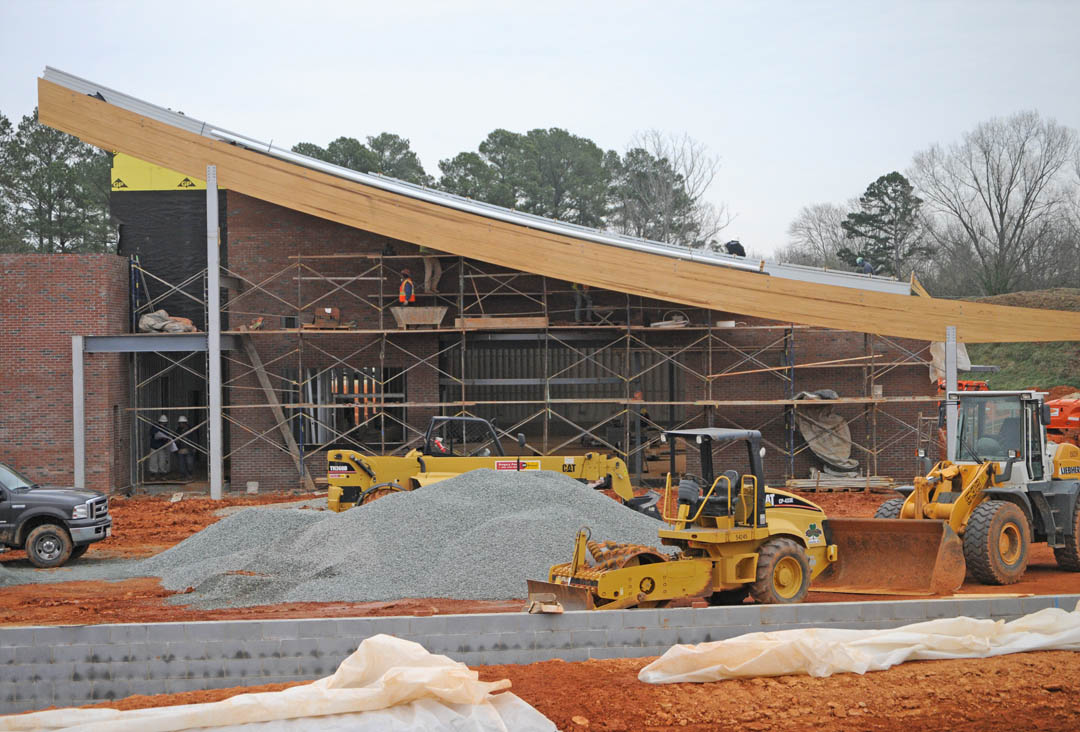
Central Carolina Community College has joined two higher education leadership groups to advance the incorporation of sustainability principles at its campuses. The Association for the Advancement of Sustainability in Higher Education and the American College & University Presidents’ Climate Commitment both have goals for member institutions to incorporate to improve the environment at their campuses and to fight global warming. CCCC is already a leader in this field with its sustainability education programs. In addition, it will soon have three new energy-efficient buildings, including the new Chatham Community Library (pictured), at its Chatham County Campus. The library is being built to receive, at least, the LEED Silver certification for energy efficiency and design from the U.S. Green Building Council. Completion is scheduled for the fall.
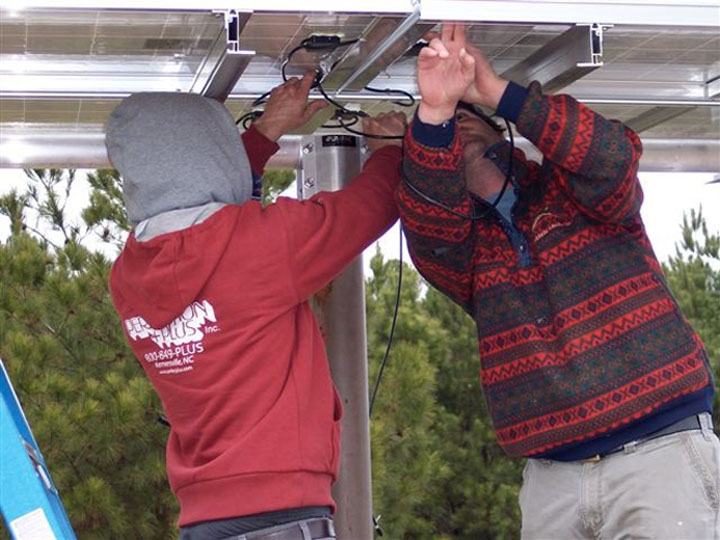
Central Carolina Community College green building students install a photovoltaic system at the sustainable agriculture student farm at the college’s Chatham County Campus, in Pittsboro. The energy-efficient PV system will provide electrical power for the farm. The college, a leader in sustainability training, has joined two higher education leadership groups to advance the incorporation of sustainability principles at its campuses. The Association for the Advancement of Sustainability in Higher Education and the American College & University Presidents’ Climate Commitment both have goals for member institutions to incorporate to improve the environment at their campuses and to fight global warming.
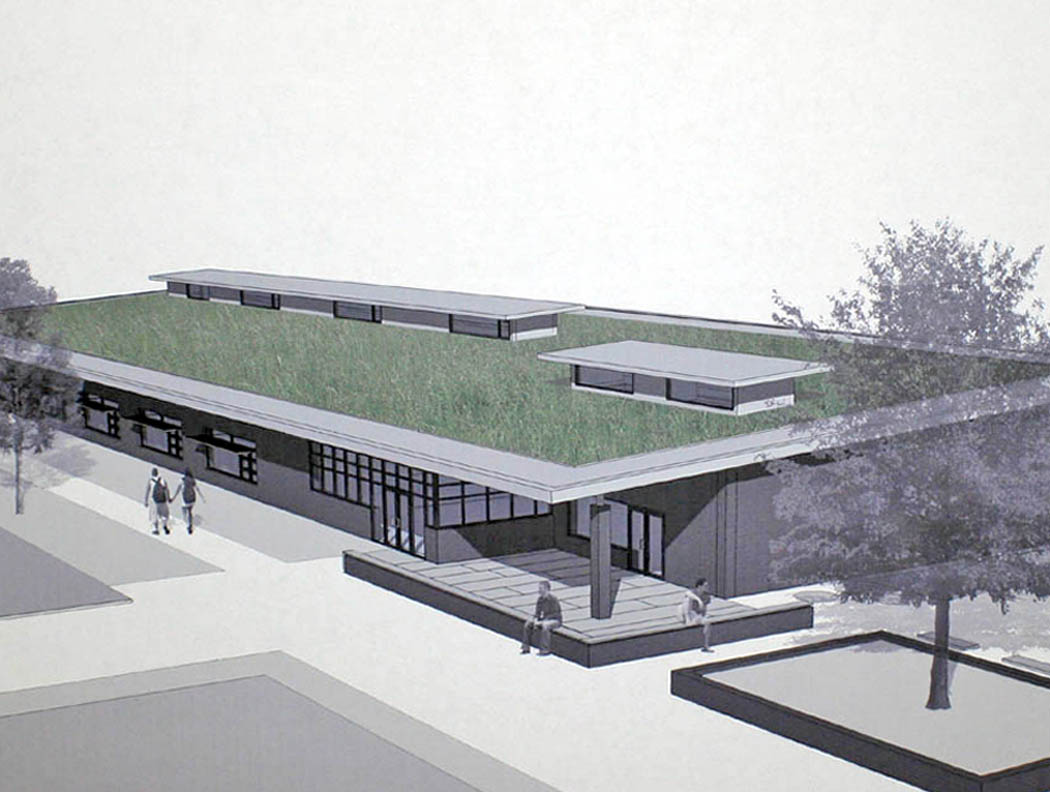
Central Carolina Community College has joined two higher education leadership groups to advance the incorporation of sustainability principles at its campuses. The Association for the Advancement of Sustainability in Higher Education and the American College & University Presidents’ Climate Commitment both have goals for member institutions to incorporate to improve the environment at their campuses and to fight global warming. CCCC is already a leader in this field with its sustainability education programs. In addition, it will soon have three new energy-efficient buildings in Chatham County, including the Sustainable Technologies Building (pictured), which will have a green and growing roof. The roof will last about twice as long as a conventional roof and also improve storm water management and air quality, and preserve habitat and biodiversity. It is scheduled for completion by the fall.
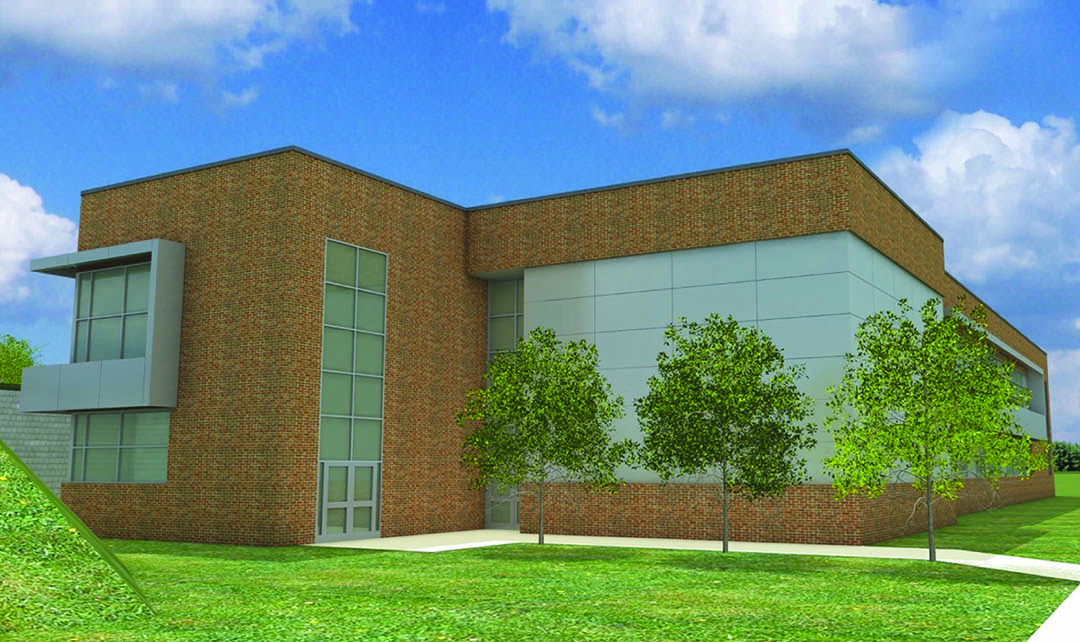
Central Carolina Community College has joined two higher education leadership groups to advance the incorporation of sustainability principles at its campuses. The Association for the Advancement of Sustainability in Higher Education and the American College & University Presidents’ Climate Commitment both have goals for member institutions to incorporate to improve the environment at their campuses and to fight global warming. CCCC is already a leader in this field with its sustainability education programs. In addition, it will soon have three new energy-efficient buildings, including its new Siler City Center (pictured). The center is designed to receive, at least, the LEED Silver certification for energy efficiency and design from the U.S. Green Building Council. It is scheduled for completion by the fall.
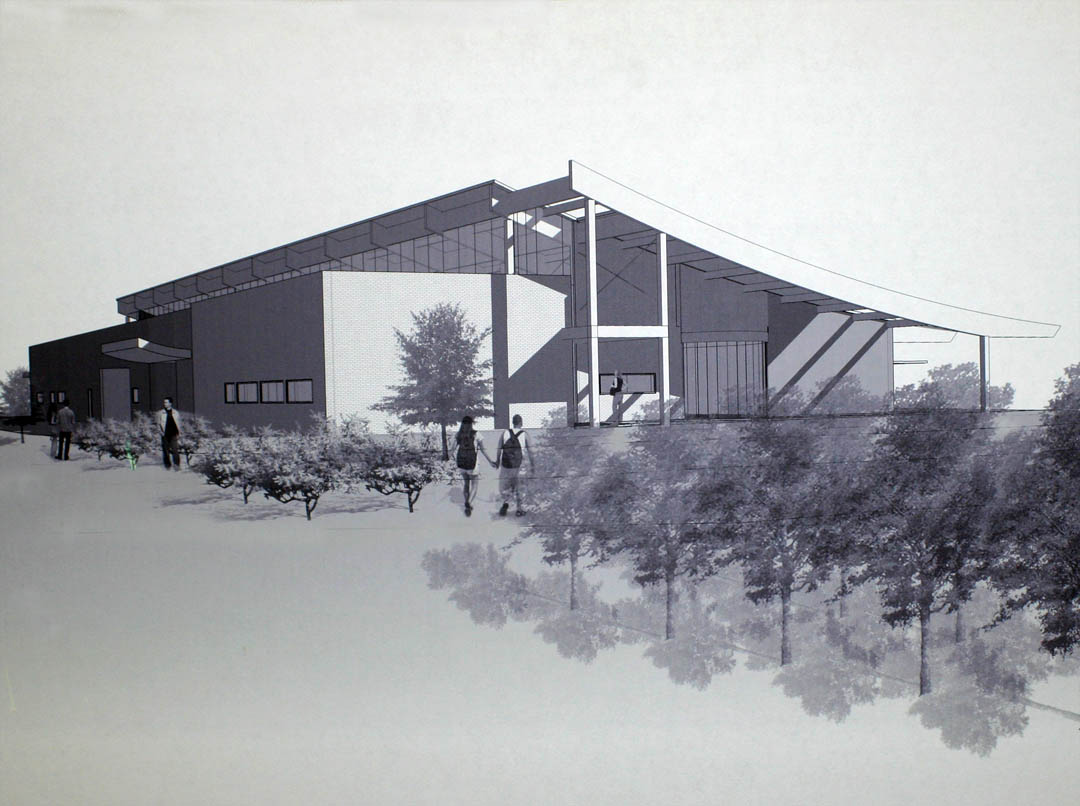
Central Carolina Community College has joined two higher education leadership groups to advance the incorporation of sustainability principles at its campuses. The Association for the Advancement of Sustainability in Higher Education and the American College & University Presidents’ Climate Commitment both have goals for member institutions to incorporate to improve the environment at their campuses and to fight global warming. CCCC is already a leader in this field with its sustainability education programs. In addition, it will soon have three new energy-efficient buildings, including the new Chatham Community Library (pictured) being built at its Chatham County Campus. The library will receive the LEED Silver (or higher) certification for energy efficiency and design from the U.S. Green Building Council. It is scheduled for completion by the fall.
- Central Carolina Community College
- Serving Chatham, Harnett, & Lee Counties, NC
- 1-800-682-8353





